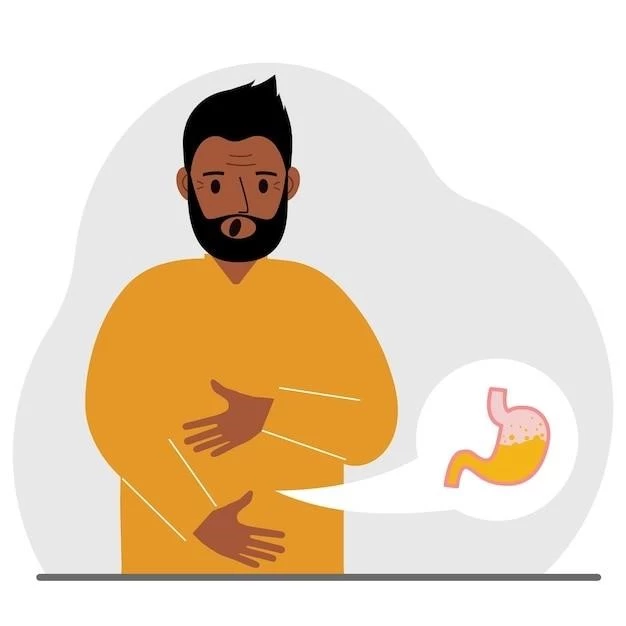2 mg orally once a day․ Use⁚ Treatment of chronic idiopathic constipation (CIC)
Usual Adult Dose for Chronic Idiopathic Constipation⁚
2 mg orally once a day․ Use⁚ Treatment of chronic idiopathic constipation (CIC)
How to Take Motegrity
Motegrity is typically prescribed at a dosage of 2 mg orally once a day for the treatment of chronic idiopathic constipation in adults․ It is essential to follow your doctor’s instructions carefully and take the medication as directed․ Motegrity can be taken with or without food, depending on your preference․ If you miss a dose, take it as soon as you remember, unless it’s almost time for your next dose․

Motegrity⁚ Side Effects Overview
Motegrity is used to treat chronic idiopathic constipation with a usual adult dose of 2 mg orally once a day․
Common Side Effects of Motegrity
The most common side effects of Motegrity include headache, stomach area (abdominal) pain or bloating, nausea, dizziness, vomiting, flatulence, fatigue, decreased appetite, and mild allergic reactions․ It is essential to monitor these side effects and consult your healthcare provider if they become severe․
Serious Side Effects of Motegrity
Stop using Motegrity and contact your healthcare provider immediately if you experience unusual changes in mood or behavior, suicidal thoughts, or attempts of self-harm․ Seek medical attention right away if you notice these serious side effects․
Prucalopride (Motegrity)⁚ Mechanism of Action
Motegrity, also known as prucalopride, is a medication prescribed as a treatment for chronic idiopathic constipation in adults․ The usual adult dose for this condition is 2 mg orally once a day․
Understanding How Prucalopride Works
Prucalopride, the active ingredient in Motegrity, functions as a selective serotonin type 4 (5-HT4) receptor agonist, aiding in enhancing colon muscle movements․ By binding to these receptors, Motegrity stimulates bowel motility, ultimately relieving symptoms of chronic idiopathic constipation in adults․
Motegrity⁚ Precautions and Warnings
Motegrity is not approved for use in individuals under 18 years old and may cause serious side effects like changes in mood or behavior․ Consult your healthcare provider if you experience any concerning symptoms․
Who Should Avoid Motegrity?
Avoid taking Motegrity if you have a blockage in your intestines, Crohn’s disease, ulcerative colitis, a perforation in your intestines, or if you are allergic to prucalopride․ Make sure to inform your doctor about your medical history before starting Motegrity․
Precautions Before Taking Motegrity
Before taking Motegrity, inform your healthcare provider if you have a history of inflammatory bowel disease, including Crohn’s disease or ulcerative colitis, or if you have experienced a perforation in the intestines․ Notify your doctor if you are allergic to prucalopride․ It is crucial to discuss your medical history and potential allergies with your healthcare provider prior to commencing Motegrity treatment․
Chronic Idiopathic Constipation⁚ Treatment with Motegrity
Motegrity is indicated for the treatment of chronic idiopathic constipation in adults․ The usual adult dose is 2 mg orally once a day for optimal efficacy․
Motegrity, also known as prucalopride, has been shown to be effective in treating chronic idiopathic constipation in adults․ The usual adult dosage prescribed for this condition is 2 mg orally once a day․ The medication aids in enhancing colon muscle movements by acting as a selective serotonin type 4 (5-HT4) receptor agonist․ Patients are advised to take Motegrity as directed and to consult their healthcare provider if any concerning side effects occur․
Efficiency of Motegrity in Treating CIC
Motegrity (prucalopride) is effective for treating chronic idiopathic constipation․ The recommended dose is 2 mg orally once daily․
Benefits and Differences Between Motegrity and Plecanatide
Motegrity (prucalopride) and Plecanatide are both medications used to treat chronic idiopathic constipation, but they differ in their mechanisms of action․ Motegrity, a serotonin-4 (5-HT4) receptor agonist٫ enhances colon muscle movements․ Plecanatide٫ on the other hand٫ works by activating guanylate cyclase-C receptors in the intestines to increase fluid secretion and improve bowel movements․ These medications may have varying efficacy and side effect profiles٫ so it’s essential to discuss with your healthcare provider to determine the most suitable option for your condition․
